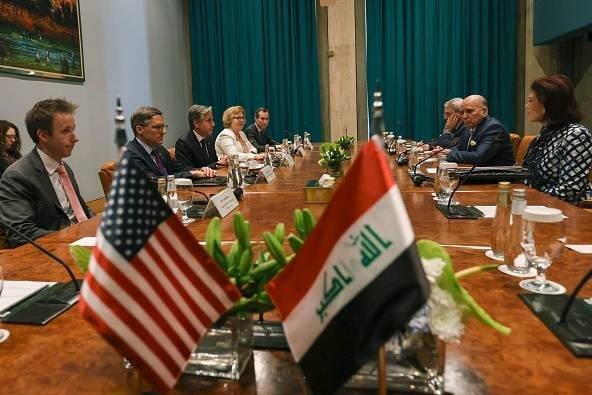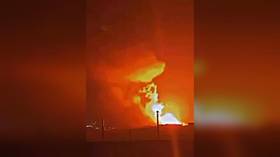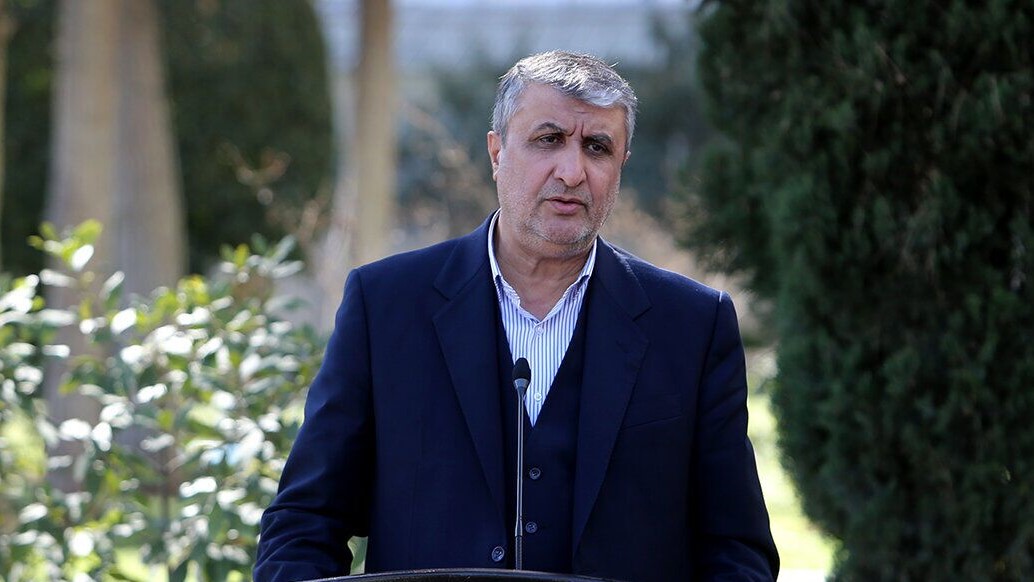NOVANEWS

On March 31 deadline day, AP reported “Iran Nuke Talks to Continue in (a) New Phase.”
Six days of negotiations in Lausanne left key sticking points unresolved – notably on lifting sanctions and nuclear R&D.
AP said P5+1 nations “prepared Tuesday to issue a general statement agreeing to continue negotiations in a new phase aimed at reaching a comprehensive accord by the end of June, officials told The Associated Press on Tuesday.”
According to unnamed ones close to talks, a joint statement will include documents “outlin(ing) more detailed understandings, allowing the sides to claim enough progress has been made thus far to merit a new round,” AP reported.
Eighteen months of talks haven’t resolved things. Perhaps US hardliners irresponsibly accusing Iran of involvement in Obama’s war on Yemen will torpedo things altogether.
On the one hand, he wants something to show for six plus years of failed policies – nothing but endless war on humanity, homeland repression and social injustice.
On the other, 36 years of hostile US relations toward Iran remain unchanged. Deal or no deal now or later, anti-Iranian sentiment persists.
America tolerates no independent states – notably Israel’s main regional rival.
What a so-called “new phase” of talks on Iran’s peaceful nuclear program to resolve outstanding differences means remains to be seen.
AP reported an unnamed official saying documents with technical information will be made public later on Tuesday.
Iranian negotiators haven’t yet approved them as this article is written.
On Monday, Russian Foreign Minister Sergey Lavrov left talks. He said he’d return if a deal is imminent.
Back in Moscow he said: “Prospects for this round of negotiations were not bad, and I would even say good.”
Other P5+1 country foreign ministers remain in Lausanne.
On Tuesday morning, Iranian Foreign Ministry official Hamid Baeedinejad said:
“No agreement has been finalized until this moment, but we feel that all sides are seriously trying and these efforts will continue; we hope to attain the desired solutions.”
Remaining issues being discussed “have important political dimensions,” he added.
“We will continue the marathon meetings to strike a final agreement.”
After Monday talks, Iran’s Deputy Foreign Minister Seyed Abbas Araqchi said no breakthroughs were achieved on remaining sticking points.
“We cannot say that considerable progress has been made in this round of the negotiations yet,” he stressed.
Asked how close all sides were to a final agreement, he added:
“We cannot resolutely comment in this regard. We made remarkable progress in the previous rounds of the talks, in this round we cannot say that noteworthy progress has been made, but we have worked on different ideas and seriously studied the possible solutions to the issues of difference.”
“We have hopes and we will continue our efforts…but there is no guarantee” for successfully resolving remaining differences.
As of Monday afternoon, no draft document was prepared, he said.
Iran’s redlines are unchanged, he stressed. Key is ending illegal sanctions. They never should have been imposed in the first place.
Ending them unconditionally should be part of any deal – with no triggering mechanism to automatically reimpose them based on unjustifiable US claims about Iran allegedly violating agreement terms.
Iranian Foreign Minister Javad Zarif said:
“We have made progress in reaching acceptable solutions, but we still have to work on some important issues.”
“The key to striking an agreement lies in this strategic choice that the other side should make: pressure and sanctions or interaction and agreement by the other side.”
Whether final agreement is possible by June 30 remains to be seen.



